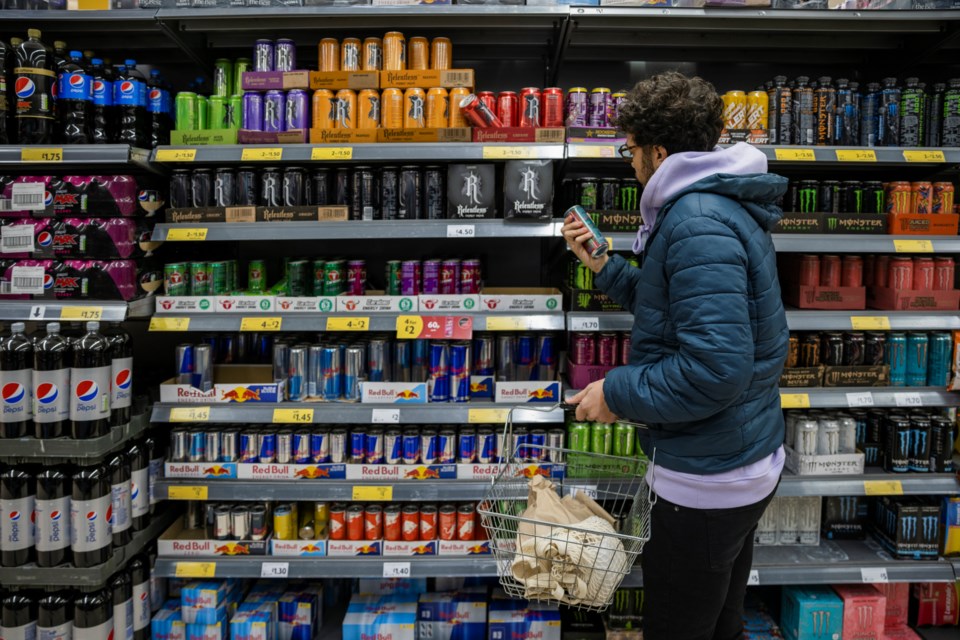Global beverage producer Red Bull has purchased a 15-acre site in the City of Chilliwack for a major new production facility to support its North American expansion plans.
In the works for nearly a year, the deal closed Dec. 15 and paves the way for the company’s second ingredient preparation facility in the world after Austria. The sale price was not disclosed.
“CEPCO has been supporting Red Bull for almost a year as they searched for the right location to invest,” said Brian Coombes, president of Chilliwack Economic Partners Corp., in announcing the investment on Feb. 8.
The new facility, set to begin construction in 2024, will be located on 14.8 acres adjacent to the Southern Rail line in the Chilliwack Food and Beverage Processing Park. It will be in the range of 185,000 square feet, representing a direct investment of "hundreds of millions of dollars" into ÎÚÑ»´«Ã½, according to Coombes, and the creation of about 60 highly skilled jobs.
The facility will premix the high-quality dry ingredients used in all Red Bull energy drinks and will not require high volumes of water. The actual mixing of ingredients and canning of finished drinks will take place in the U.S., which accounted for more than 45 per cent of Red Bull sales last year. This makes it a key market for the company, which sold 11.6 billion cans last year for revenues of 9.7 billion euros.
CEPCO notes that an accessible and extensive road and rail transportation network, as well as proximity to the Port of Vancouver and the Sumas-Huntingdon border crossing made Chilliwack the ideal place for Red Bull to locate as it focuses on growth in North America.
“This, combined with Chilliwack’s business friendly approach to investment attraction, a skilled workforce, and a high quality of life in a scenic setting that aligns well with the overall Red Bull brand helped make it a good fit,” a statement announcing the transaction stated.
With industrial land in tight supply across the Lower Mainland, development has been increasingly looking to Chilliwack for opportunities.
Molson Coors, for example, relocated from Vancouver to Chilliwack in 2019, building and opening a new highly automated plant there, leapfrogging over Abbotsford in part because of the availability of land. Transportation connections and access to water were also key considerations.
“We have experienced significant demand for industrial land over the last eight years, Coombes said. “Various factors have contributed to this demand, including Chilliwack’s reputation as a business-friendly community that supports industrial investment.”
Besides beverage companies, baking supplier Puratos, fruit packer Berryhill Foods as well as equipment companies Holland Imports, Lustre Products and Southern Irrigation have made their home in the community, breaking ground for other companies to follow.
“There is more focus on the opportunities available in Chilliwack and the Fraser Valley,” Coombes said, noting that major developers are following suit to meet demand. “We have also seen an increase over this time from Metro Vancouver developers like Denciti Development Corp., Wesmont, and Beedie are building high-quality new industrial projects for sale and lease to help accommodate the demand in Chilliwack.”



